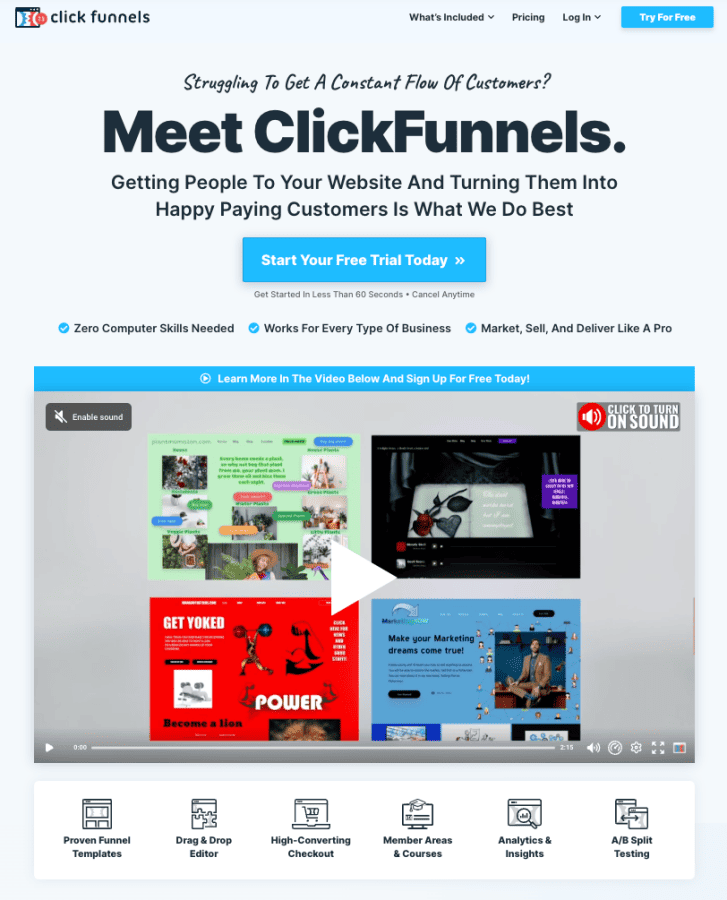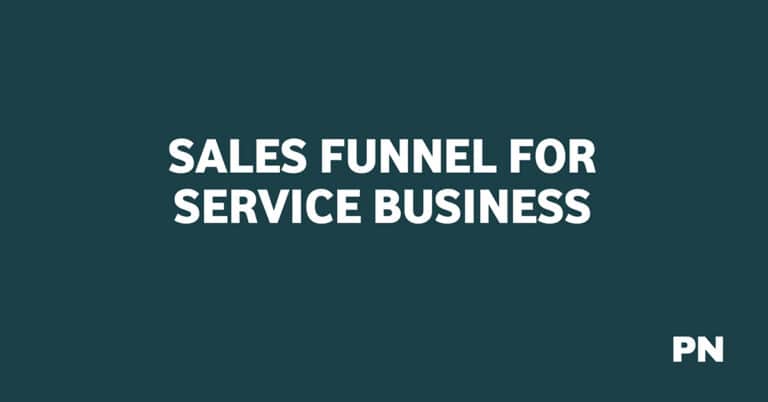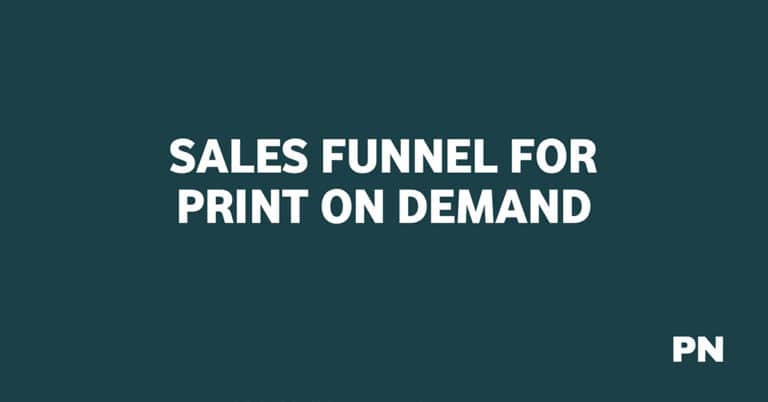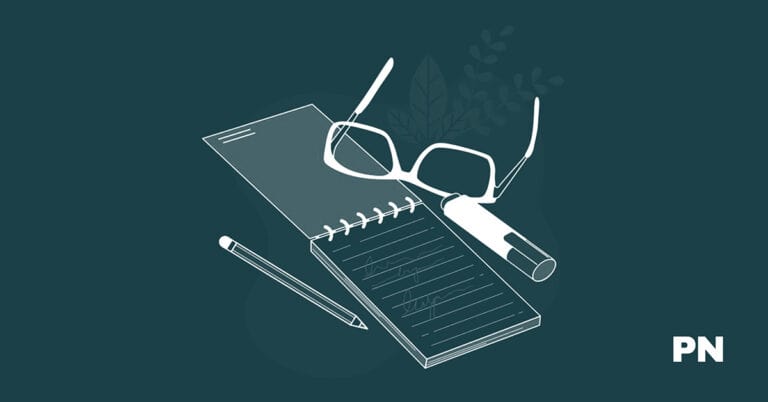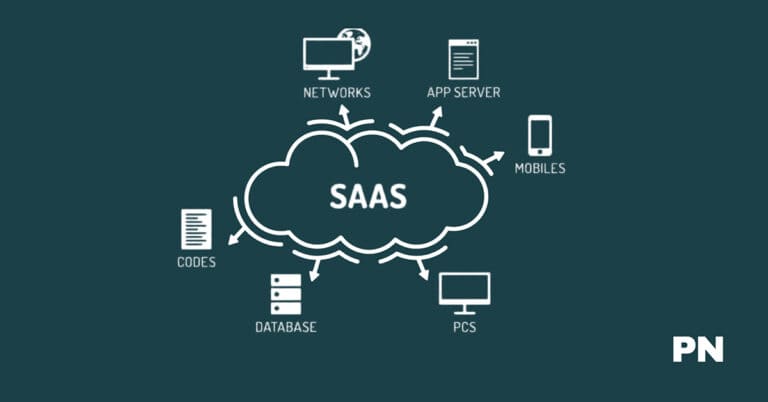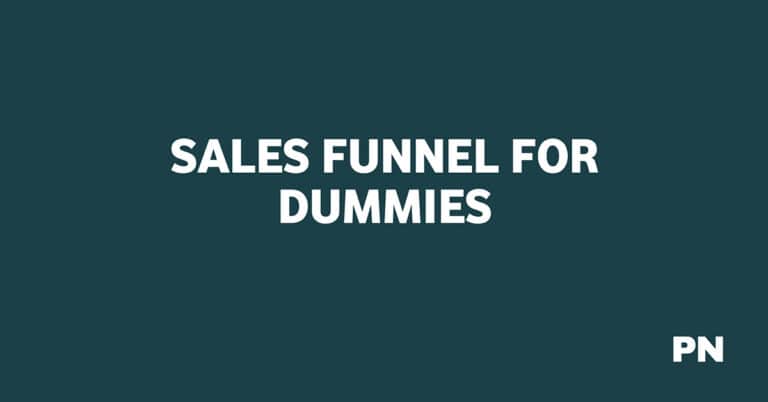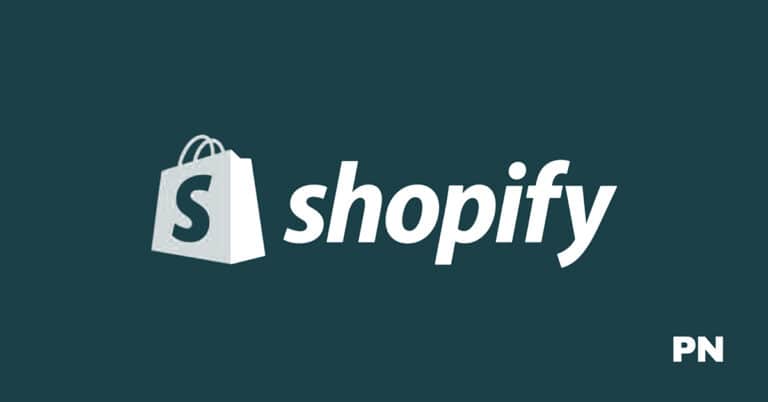Sales Funnel for Insurance Agents: A Comprehensive Guide
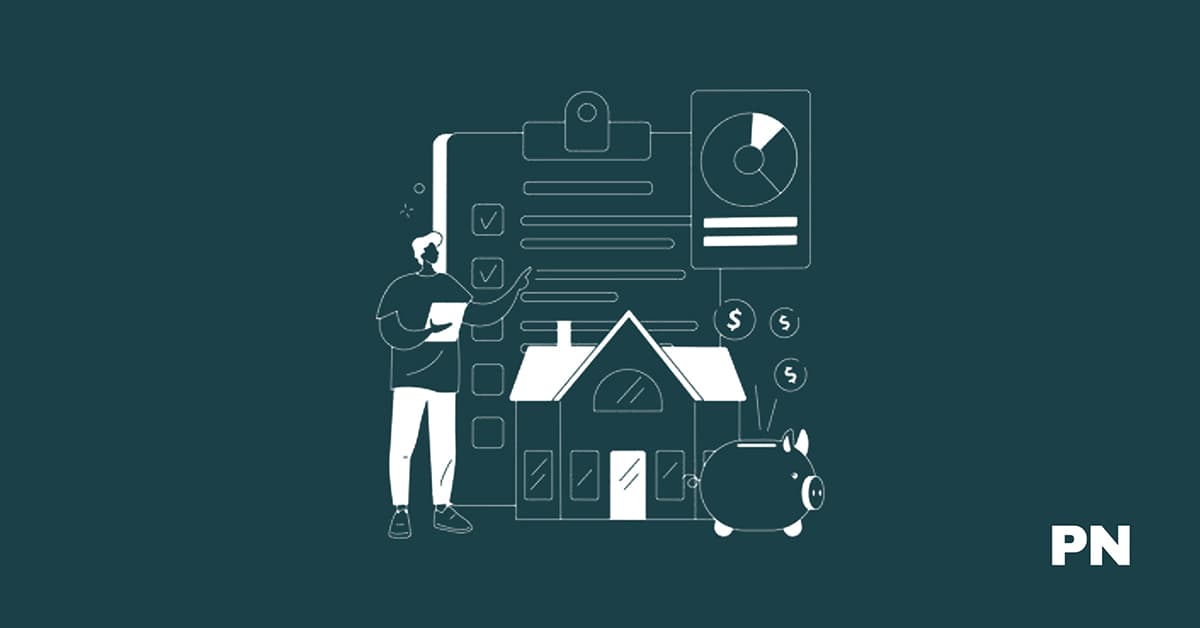
Are you an insurance agent who wants to improve your sales strategy?
Understanding the sales funnel is a crucial framework to help you succeed. A sales funnel is a process that potential clients go through, from exploration to decision-making. It’s a critical tool for insurance agents who want to convert leads into loyal clients.
The sales funnel is a filter that helps you identify high-quality leads that are more likely to convert into sales. It’s a funnel because it’s wide at the top and narrow at the bottom. The top represents potential customers, while the bottom denotes loyal clients.
By understanding the sales funnel, you can tailor your marketing strategy to convert prospective clients into loyal customers.
The insurance sales funnel includes various stages that lead potential customers from first contact to the ultimate purchase of an insurance policy.
These stages involve researching, comparing providers and policies, discussing with insurance providers, collecting quotes, and choosing a specific insurance policy.
By understanding these stages, you can create a strategy that addresses the needs of your potential clients at each stage of the funnel.
What is an Insurance Agent’s Sales Funnel?

As an insurance agent, your primary goal is to sell insurance policies to potential clients. However, not all leads are created equal, and not all will convert into paying customers. This is where the sales funnel comes in.
A sales funnel is a marketing concept that describes a potential customer’s journey from being aware of your insurance agency to becoming a paying customer. It is a visual representation of the customer journey, and it helps you identify the different stages of the process.
The insurance agent’s sales funnel is a four-stage process that includes:
- Awareness: This is when potential clients become aware of your insurance agency and services. This can be through various marketing channels such as social media, email, or advertising.
- Interest: At this stage, potential clients are interested in your insurance services and want to learn more. They may visit your website, read your blog, or request more information.
- Decision: This is when potential clients consider purchasing an insurance policy from your agency. They may compare your prices and services with other insurance providers, read reviews, or ask for recommendations.
- Action: This is the final stage, where potential clients become paying customers by purchasing an insurance policy from your agency.
Understanding each stage of the sales funnel is essential to optimizing your marketing efforts and improving your conversion rates. By identifying potential bottlenecks in the process, you can adjust your marketing strategy to meet your potential customers’ needs better.
Why You Need an Insurance Agent’s Sales Funnel?
As an insurance agent, you may wonder why you need a sales funnel. A sales funnel is crucial to help you generate more leads, increase conversions, and ultimately grow your business.
Here are some reasons why you need an insurance agent sales funnel:
1. Increase Brand Awareness
A sales funnel can help you increase brand awareness by creating a consistent marketing message across multiple channels.
Using digital marketing strategies such as social media, email, and content marketing can help you reach a wider audience and attract potential clients. By consistently delivering a clear message, you can establish your brand as a reliable and trustworthy source of insurance.
2. Attract High-Quality Leads
A sales funnel can help you attract high-quality leads by targeting your ideal customer. By creating buyer personas and identifying their pain points, you can tailor your marketing message to their needs and interests. This can help you attract leads who are more likely to convert into customers.
3. Streamline the Sales Process
A sales funnel can help you streamline sales by guiding your leads through the buyer’s journey. By creating a clear path from awareness to consideration to decision, you can make it easier for your leads to purchase.
This can help you increase conversions and reduce the time and effort required to close a sale.
4. Measure Results
A sales funnel can help you measure the results of your marketing efforts. By tracking key metrics such as website traffic, email open rates, and conversion rates, you can identify areas for improvement and optimize your sales funnel for better results.
This can help you make data-driven decisions and improve your return on investment.
A sales funnel is valuable for insurance agents looking to grow their business. You can improve your marketing efforts and bottom line by increasing brand awareness, attracting high-quality leads, streamlining the sales process, and measuring results.
Stages of the Insurance Agents Sales Funnel
As an insurance agent, understanding the sales funnel stages is crucial for capturing attention, generating leads, and ultimately closing deals. The sales funnel visually represents the customer journey, from the initial contact to the final purchase.
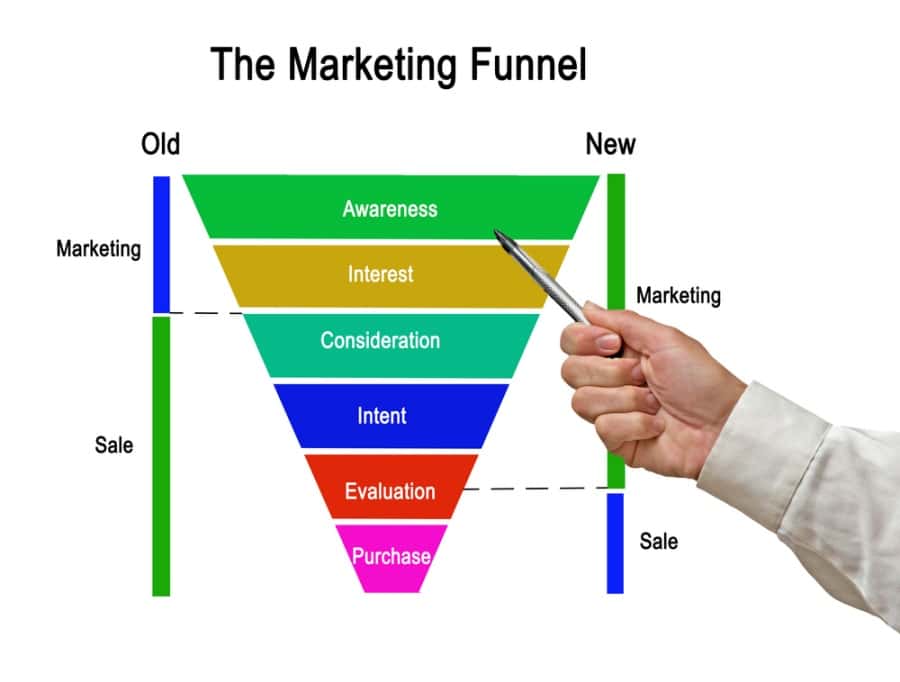
By breaking down the funnel into distinct stages, you can better understand your customers’ needs and tailor your approach to meet those needs.
The Awareness Stage (Top of the Funnel, TOFU)
The top of the funnel is the first stage of the sales funnel, also known as the awareness stage. At this stage, potential customers are just becoming aware of your insurance agency. Your goal is to capture their attention and generate interest in your services.
You can achieve this through various marketing strategies, such as social media advertising, content marketing, and search engine optimization (SEO).
Think of the awareness stage as casting a wide net. You want to reach as many people as possible and introduce them to your brand. However, it’s important to note that not everyone entering the funnel will reach the bottom.
That’s why it’s crucial to focus on quality over quantity. You want to attract potential customers who are genuinely interested in your services and are more likely to convert into paying customers.
The Consideration/Evaluation Stage (MOFU)
The middle of the funnel is the consideration/evaluation stage, also known as MOFU (middle of the funnel). At this stage, potential customers evaluate their options and decide whether your insurance agency fits their needs. You aim to give them the information they need to make an informed decision.
Think of the consideration/evaluation stage as a courtship. You want to woo potential customers and show them why your insurance agency is the best choice.
You can achieve this through various tactics, such as providing educational content, free consultations, and excellent customer service.
Purchase Stage (Bottom Of The Funnel)
The bottom of the funnel is the purchase stage, also known as the decision stage. Potential customers have decided to purchase insurance from your agency at this stage. Your goal is to make the process as seamless and straightforward as possible.
Think of the purchase stage as sealing the deal. You want to make it easy for potential customers to become paying customers.
This can be achieved through various tactics, such as offering easy online payment options, providing clear and concise policy information, and providing excellent customer service.
Post-Purchase Stage
The post-purchase stage is often overlooked but is as essential as the other stages. At this stage, you want to ensure that your customers are satisfied with their purchase and that they continue to choose your insurance agency for their needs.
Think of the post-purchase stage as nurturing the relationship. You want to continue providing excellent customer service, offering additional products and services, and staying in touch with your customers to ensure their ongoing satisfaction.
Repeat Purchase Stage
The final stage of the sales funnel is the repeat purchase stage. At this stage, you want to encourage your satisfied customers to continue choosing your insurance agency for their needs.
Think of the repeat purchase stage as building loyalty. You want to reward your loyal customers with special offers, discounts, and other incentives to keep them returning. This can help you create a loyal customer base and generate more business.
Understanding the sales funnel stages is crucial for insurance agents looking to generate leads, close deals, and build a loyal customer base. By tailoring your approach to each stage of the funnel, you can provide your potential and existing customers with the information and support they need to make informed decisions and continue choosing your insurance agency for their needs.
How Do I Create an Insurance Agent Sales Funnel?
Creating an insurance agent sales funnel requires a well-thought-out plan and a clear understanding of your target audience.
Here are some steps to follow to create a successful sales funnel for insurance agents:
- Identify Your Target Audience
- Knowing your target audience is crucial in creating an effective sales funnel. You need to understand their needs, pain points, and behaviors to create a funnel that resonates with them.
- Create Awareness
- The first step in creating a sales funnel is to create awareness of your insurance products. You can use digital marketing techniques such as social media, email marketing, and search engine optimization to generate awareness of your brand and products.
- Generate Leads
- Once you have created awareness, the next step is to generate leads. You can use lead magnets such as free e-books, webinars, or consultations to attract potential clients to your funnel.
- Nurture Leads
- After generating leads, you must nurture them by providing valuable information and building a relationship with them. This can be achieved through email marketing, social media engagement, and personalized follow-up.
- Convert Leads into Customers
- The final step in creating a sales funnel is to convert leads into customers. This can be done by providing them with tailored insurance solutions that meet their needs and addressing any objections.
By following these steps, you can create a successful sales funnel for insurance agents that will help you attract and convert potential clients into loyal customers.
What is The Best Funnel Software for Insurance Agents?
When choosing the best funnel software for insurance agents, ClickFunnels is the clear winner. It is powerful sales funnel software that offers a wide range of features that can help insurance agents build sales funnels faster and scale their businesses with ease.
One of ClickFunnels’ special features is the availability of free funnel templates. These templates are designed to help insurance agents create high-converting funnels with just a few clicks. This means you can save time and effort when designing your funnel from scratch.
Another great feature of ClickFunnels is the ability to create upsells and downsells. With upsells and downsells, you can offer your customers additional products or services that complement their original purchase.
ClickFunnels also offers a robust shopping cart and checkout system. This means you can quickly sell your insurance products online and accept customer payments. The shopping cart and checkout system is fully customizable so that you can tailor it to your specific needs.
ClickFunnels has a built-in CRM system to help you manage your customer relationships more effectively. The CRM system allows you to track customer interactions, manage leads, and automate your sales process.
Frequently Asked Questions
What is a funnel in the Insurance Agents’ business?
A sales funnel is a marketing concept used to describe a potential customer’s journey before making a purchase. It is a visual representation of a prospect’s stages before becoming a customer.
In the insurance industry, a sales funnel guides potential clients through the process of researching, evaluating, and ultimately purchasing an insurance policy.
What are the key stages in developing an insurance agent sales funnel?
The key stages in developing an insurance agent sales funnel include awareness, interest, consideration, and conversion. Potential clients become aware of your insurance products and services during the awareness stage.
In the interest stage, they develop an interest in your offerings. During the consideration stage, they evaluate your products and compare them to other options. Finally, during the conversion stage, they make a purchase.
How do you create an effective insurance agent sales funnel?
To create an effective insurance agent sales funnel, you must understand your target audience and their needs. You should create content that speaks to their pain points and provides valuable information.
It would be best if you also made it easy for potential clients to learn about your products and services and to contact you for more information.
How can I optimize my insurance agents’ funnel for higher conversion rates?
To optimize your insurance agents’ funnel for higher conversion rates, you should focus on improving each stage and create compelling content that speaks to your target audience’s needs and interests.
It would be best if you also made it easy for potential clients to learn about your products and services and to contact you for more information. Additionally, you should track and analyze your funnel’s performance to identify areas for improvement.
What metrics are crucial for analyzing the performance of an insurance agent’s funnel?
The metrics crucial for analyzing the performance of an insurance agent’s funnel include conversion rate, lead-to-customer ratio, customer acquisition cost, and customer lifetime value.
These metrics can help you identify areas for improvement and optimize your funnel for higher conversion rates.
How do industry benchmarks influence insurance agents’ conversion funnel performance?
Industry benchmarks can provide valuable insights into your insurance agents’ conversion funnel performance.
By comparing your funnel’s performance to industry benchmarks, you can identify areas for improvement and optimize it for higher conversion rates. Industry benchmarks can also help you set realistic goals and expectations for your funnel’s performance.
Wrapping Up
In conclusion, mastering the sales funnel is a critical framework for insurance agents. By understanding potential clients’ journey of exploration, evaluation, and decision-making, you can create a marketing strategy that will effectively attract leads and convert them into loyal clients.
To achieve success in the insurance sales funnel, you need to focus on the following key components:
- Marketing: Attracting leads by creating a solid brand image and offering valuable content.
- Speed-to-lead: Responding to leads quickly to increase your chances of conversion.
- Connection: Building relationships with leads through effective communication and follow-up.
- Digital approvals, verifications, and onboarding: Streamlining the process of purchasing insurance policies to make it easy for clients.
Implementing these strategies can increase your conversions and help you master the insurance sales cycle. Remember, the sales funnel is not a one-time process but a continuous cycle that requires constant optimization and improvement.
So, focus on building a solid foundation for your sales funnel and continuously refine your approach to achieve success in the competitive insurance industry.
Disclosure: We may earn commissions if you buy via links on our website. Commissions don’t affect our opinions or evaluations. We’re also an independent affiliate of many platforms, including ClickFunnels, Kartra, GoHighLevel, Podia, Northwest Registered Agent, and others. We’re not employees of these services. We receive referral payments from them, and the opinions expressed here are our own and are not official statements of these companies.
